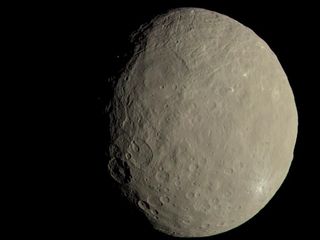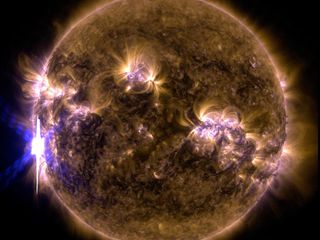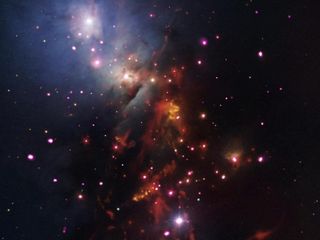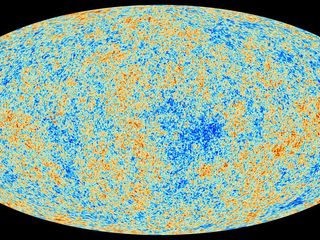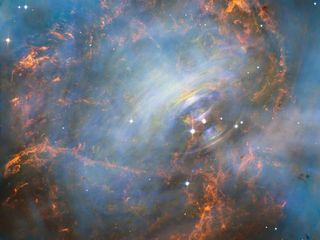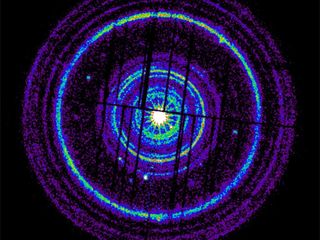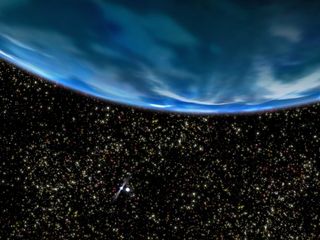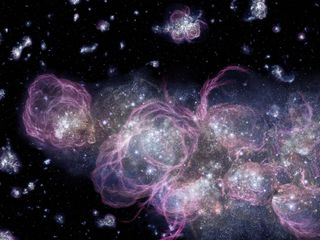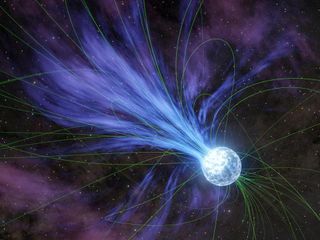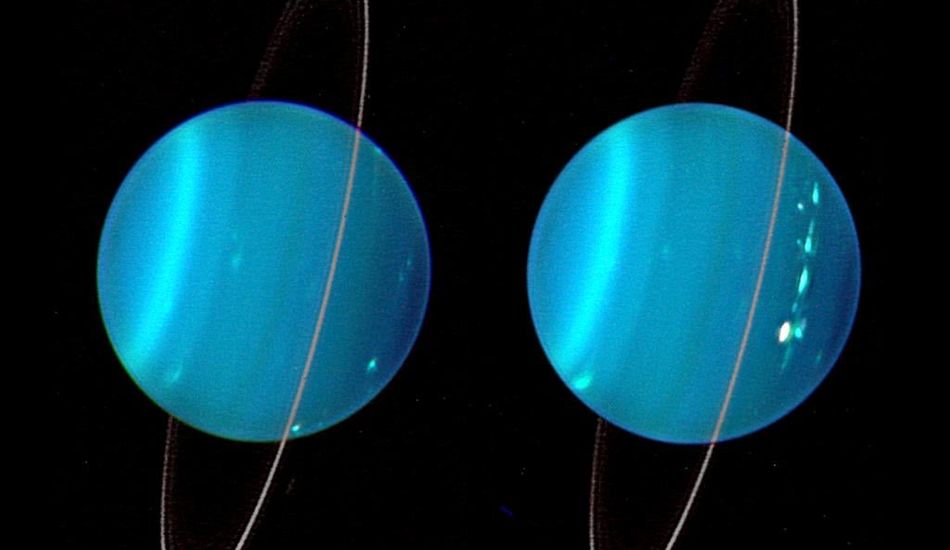
Astronomy's Lucky Accidents: The Coolest Cosmic Discoveries
You know, astronomers often have a specific target in mind when they peer into the vastness of space. However, the universe, being the immense and mysterious place it is, frequently throws curveballs. These unexpected finds often turn out to be far more exciting and important than what they initially set out to find. So, let's dive into some of the coolest accidental cosmic discoveries that have significantly shaped our understanding of the universe.
Planets and Dwarf Planets Found by Chance
Back in 1781, William Herschel, a British astronomer, stumbled upon a faint object in the Gemini constellation while cataloging stars. Initially, he thought it was a comet, but further observations revealed its planetary nature. This object turned out to be Uranus. Similarly, Giuseppe Piazzi, an Italian astronomer, discovered Ceres while mapping star positions. He, too, initially mistook it for a comet. Later, Ceres was reclassified as a dwarf planet after being considered the first asteroid discovered. It's funny how things change!
I think it's incredible how these early astronomers, with their limited technology, managed to spot these celestial bodies. It really speaks to their dedication and sharp eyes.
Unexpected Solar Events
Richard Carrington, in 1859, inadvertently recorded what we now call the Carrington Event. While studying sunspots, he witnessed an intense flash of light, which was later identified as a solar flare. This led to the strongest geomagnetic storm ever detected on Earth and the discovery of entirely new stellar phenomena.
Can you imagine what it must have been like to witness such a powerful event firsthand? It's a reminder of the immense power of our Sun and the potential impact it can have on our planet.
Accidental X-Ray Discoveries
In the mid-20th century, a team led by Riccardo Giacconi was trying to see if solar X-rays bounced off the Moon. Instead, they discovered an X-ray background originating from outside the solar system. This discovery led to the development of X-ray telescopes, which have been crucial in understanding various cosmic mysteries.
Sometimes, the most significant discoveries come when you're looking for something else entirely. This is a great example of how scientific exploration can lead to unexpected breakthroughs.
The Hiss That Revealed the Big Bang
Arno Penzias and Robert Wilson were testing radio waves using balloon satellites in 1964. However, they kept getting a persistent hissing noise and an unexplained heat signal. After ruling out all possible disturbances, including a flock of pigeons, they realized they had stumbled upon evidence of the cosmic microwave background, a relic of the Big Bang. "We were at wit’s end,” Wilson said in an interview. I can just imagine their frustration turning into amazement once they realized what they had found.
Pulsars and Gamma-Ray Bursts
Jocelyn Bell, a graduate student, detected a strange pulsation in the data from a radio telescope she helped build. Despite doubts from her colleagues, she persevered and confirmed that the light was a pulsating signal from afar – the first known pulsar. On the other hand, During the Cold War, U.S. satellites looking for nuclear attacks detected gamma-ray bursts (GRBs). These signals were too strange to be nuclear tests. This discovery alerted astronomers to the existence of GRBs, the most powerful energy source in the universe.
Exoplanets and Dark Energy
Aleksander Wolszczan and Dale Frail discovered a pair of planets orbiting a neutron star while studying a pulsar. These were among the first exoplanets ever discovered. Later, around 1998, two teams of astronomers observing a Type 1a supernova found that the universe is expanding at an accelerating rate. This led to the hypothesis of dark energy.
Mysterious Radio Bursts
In 2007, Duncan Lorimer and his student David Narkevic found a record of an extremely short radio burst from 2001. This burst, lasting only 5 milliseconds, released an entire month’s worth of the Sun’s energy. Scientists believe these fast radio bursts come from single, cataclysmic events, but many mysteries still surround them. I find it fascinating how much we still don't know about the universe.
These accidental discoveries highlight the importance of curiosity, persistence, and an open mind in scientific exploration. Who knows what other amazing secrets the universe holds, just waiting to be stumbled upon?
Source: Gizmodo
